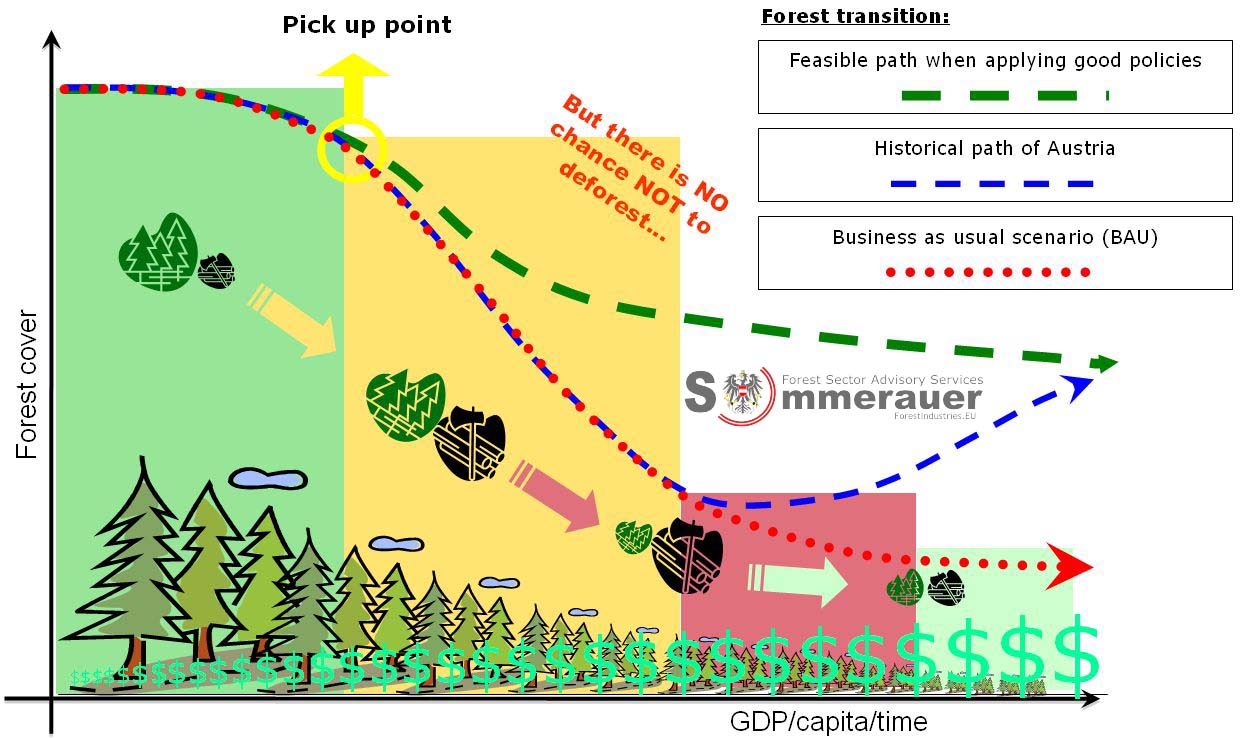The UN-REDD Programme releases its inaugural Year in Review report for 2009.
Curious about REDD?
Want to learn more about REDD?
If you want to learn more about REDD, than read on this page...
Some external reading
-
MUST READ! June 2012 - REDD+ status after RIO+20:
The Status of REDD: An interesting and informative collection of articles
-
Recarbonizing the earth
The case for reducing emissions of greenhouse gases is more compelling than ever. But it's also past time to begin drawing carbon out of the air...
-
WWF REDD Library
It's from WWF, nothing more to say, just follow the link!
-
REDD training materials
Reducing Emissions from Deforestation and forest Degradation (REDD) is a concept that has been gaining momentum in climate change policy negotiations both internationally and at the national level in capitals around the world. Yet despite the increasing levels of interest and activity in REDD, there is a great deal of confusion that still surrounds the concept...
-
The REDD-Net
New proposals to use international financial mechanisms to reduce carbon emissions from deforestation and degradation (REDD) have radical implications for the ways in which tropical forests...
-
The Little REDD+ book
Launched at the UNFCCC climate summit in December 2008 The Little REDD Book is a guide to the UN negotiations on Reducing Emissions from Deforestation and Degradation (REDD)...
-
The Eliasch Review
The Review aims to provide a comprehensive analysis of international financing to reduce forest loss and its associated impacts on climate change. It does so with particular reference to the international efforts to achieve a new global climate change agreement in Copenhagen at the end of 2009...
By Reimund Schwarze, John O. Niles, and Jacob Olander
This study reviews the financial costs of abating greenhouse gas emissions through reducing emissions from deforestation and forest degradation (REDD). It is written from the perspective of an institutional investor seeking cost-effective climate mitigation options.
It’s been a month after COP 15, the UN Climate Change conference that was supposed to give the world a new system for reducing carbon emissions. A month to reflect, regroup, and respond to this reporter’s questions about what happened, and what didn’t, in Copenhagen.
TREES are one of the most efficient systems of carbon capture and storage on the planet. They breathe in carbon dioxide and breathe out oxygen, locking the carbon into their roots, trunk, branches, twigs and leaves and the soil. They are so good at this that about 20% of the greenhouse gases...

